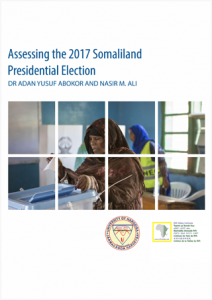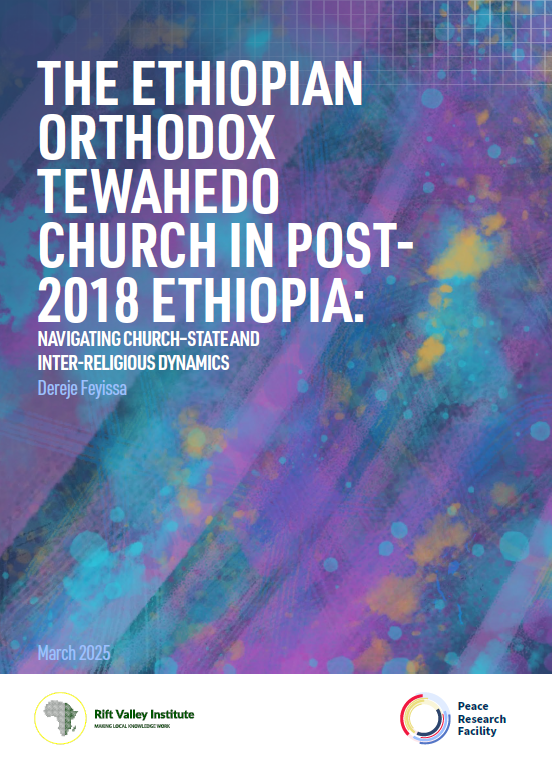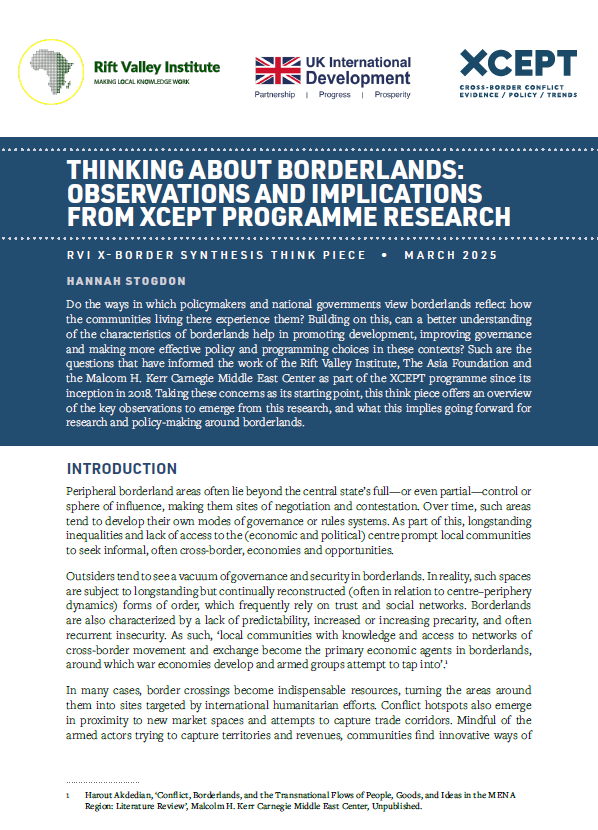In May 2001, Somaliland’s citizens went to the polls to approve an interim constitution in a public referendum coordinated by the Government of Somaliland. The constitution called for multi-party politics and democratic elections. Since then, Somaliland has held a series of contested elections at different levels: local, parliamentary and presidential. Elections have become a familiar occurrence in Somaliland. They are seen as a pillar of democracy, enabling voters to choose representatives who will exercise a public mandate on their behalf.
When analyzing the participation of citizens in contemporary Somaliland politics, there are two contradictory dimensions: First, the arena in which citizens involve themselves in politics is widening and, more broadly, people appear to be more active than ever before. Second, there is increasing citizen disenchantment about their choice of leaders. Many people feel that their leaders are not effective and are nostalgic about the old days of directly appointed city mayors, some of whom were thought to be particularly effective.
The participation of citizens in politics requires institutions to be permanently accessible to the population, and also the sustained engagement of young people. In democratic societies, the participation of citizens in politics is very important. In Somaliland, the consolidation and growth of citizen participation in democracy is an important context for this analysis.
While the relationship between citizens and politicians is quite encouraging, the politicians have not transformed their party systems and structures. Many people now see political parties as tools used to win control over the state, which they then abandon.
Taking the 2017 presidential election as its main example, the central tasks of this study are as follows:
- To understand the controversies between the citizens and politicians in Somaliland;
- To examine the viability of Somaliland’s electoral processes and the challenges it faces;
- To analyse Somaliland’s citizens perception of the electoral system.
This paper is an output of RVI’s partner, the Institute of Peace and Conflict Studies at the University of Hargeisa.



